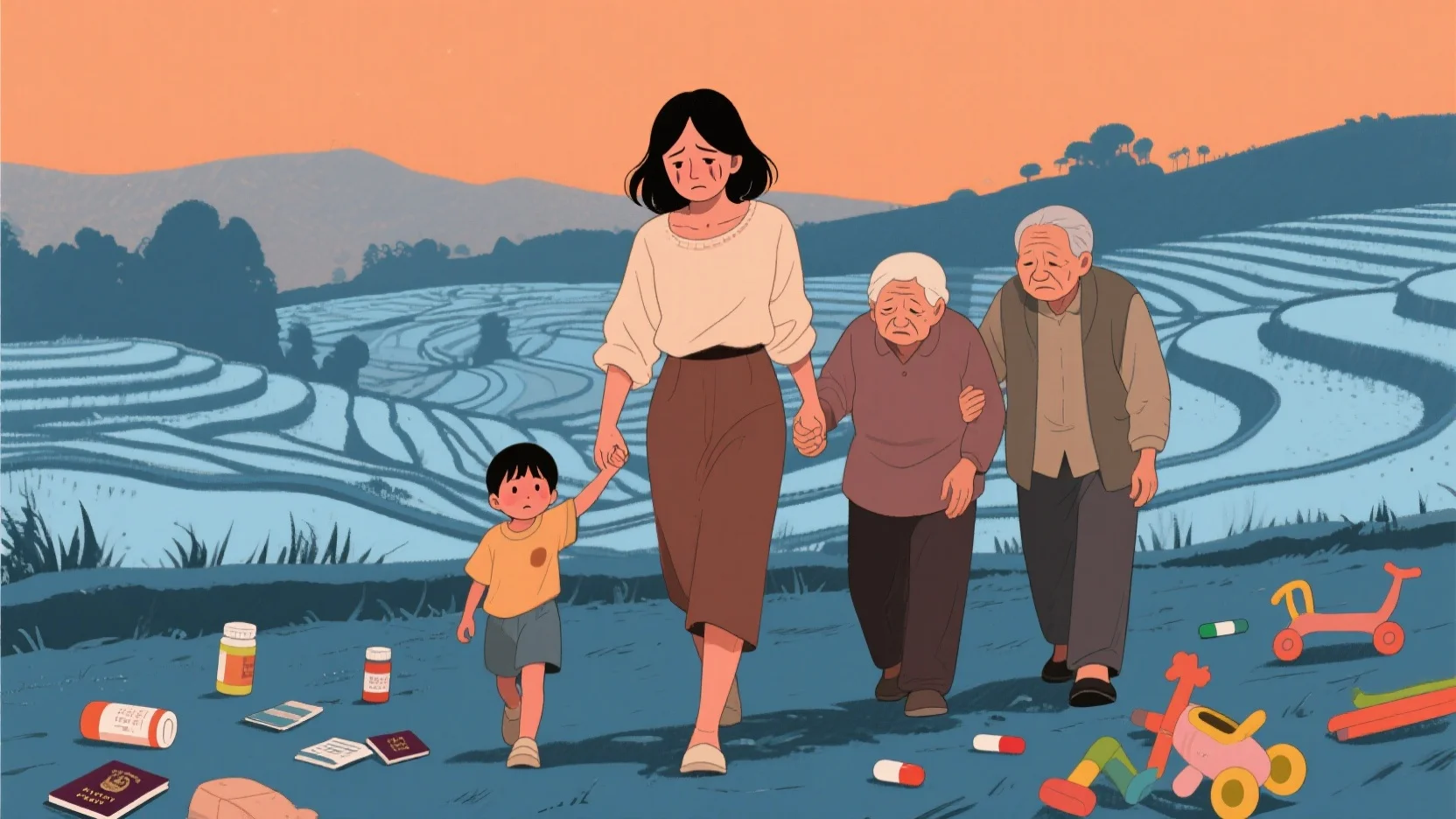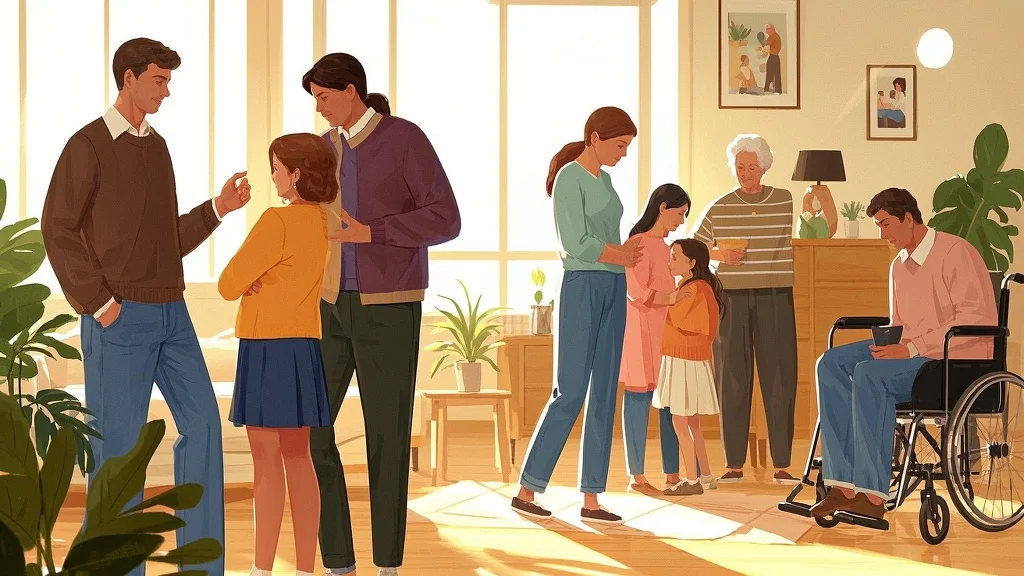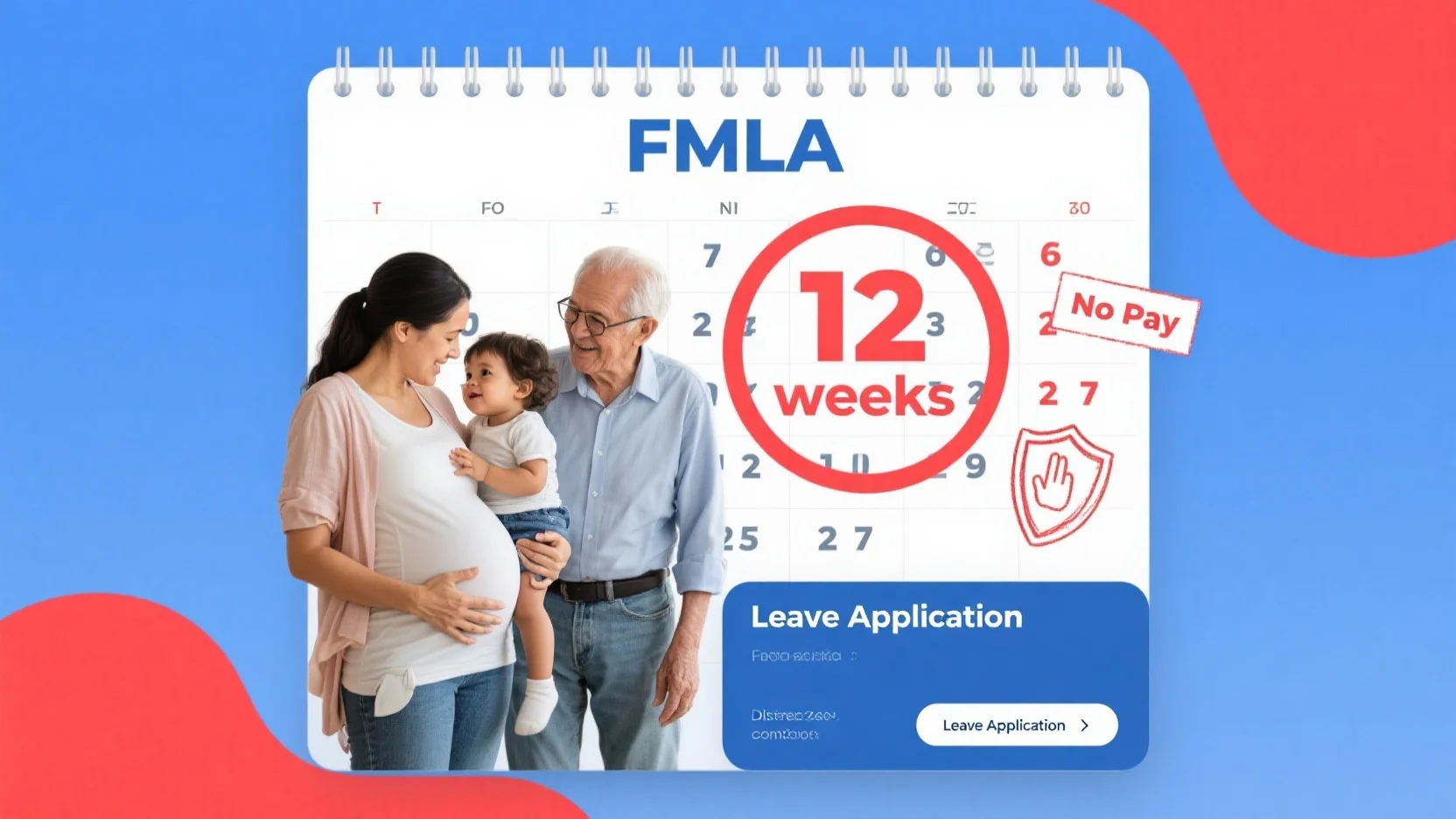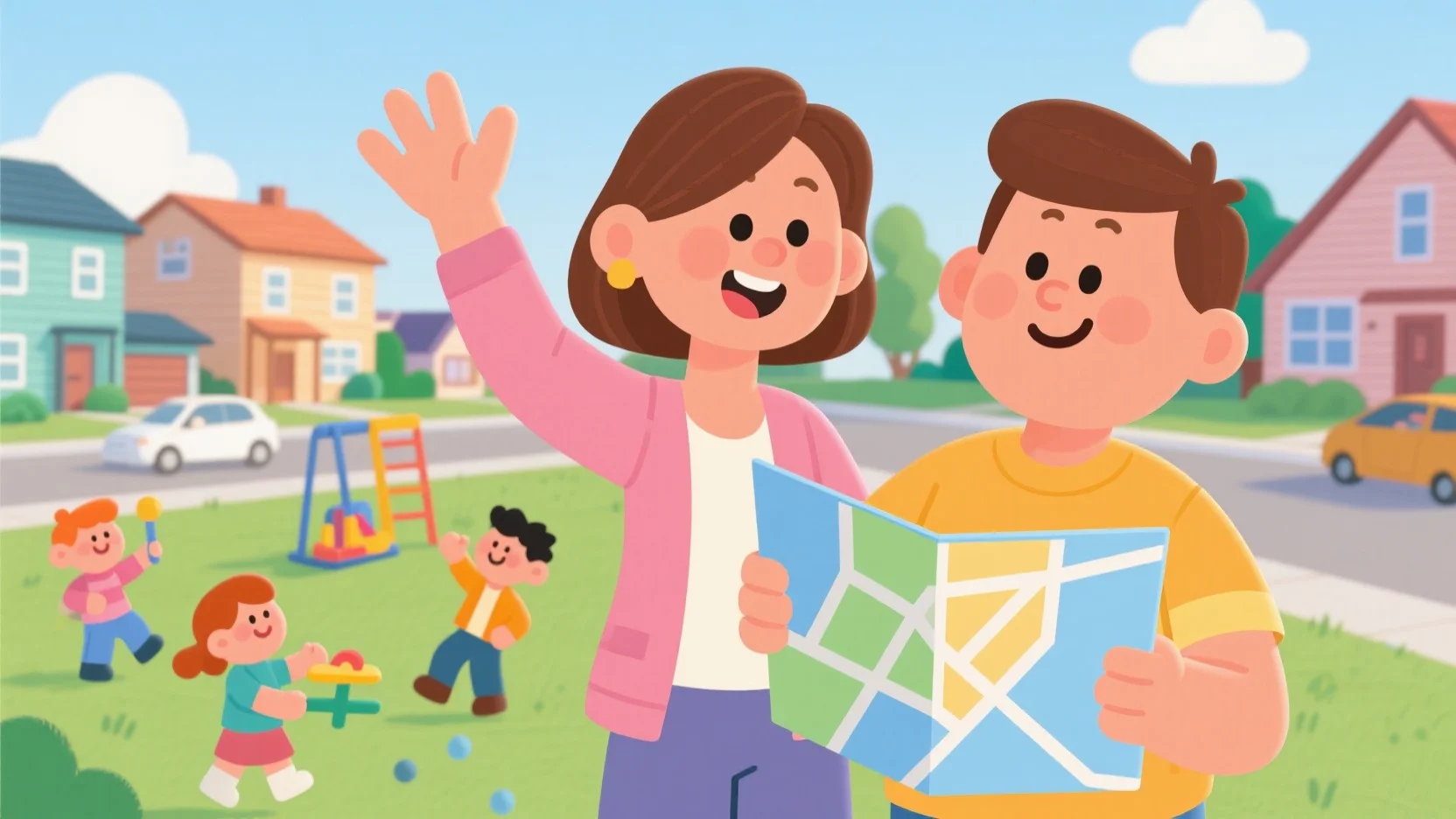When Amy Chyan took her elderly parents back to their ancestral home in Yunnan, she expected a sentimental family trip – not a crash course in becoming their caregiver. From managing medications to translating medical instructions, she suddenly found herself in the parent role. Her story reflects a growing crisis: millennials now spend more time caring for aging parents than raising their own children, often without support or preparation.
The Hidden Burden of Caregiving
Traveling with aging parents revealed the complex realities of caregiving:
- Handling travel logistics and medical needs
- Navigating emotional role reversal
- Managing the constant worry about their wellbeing
This “parenting your parents” experience is increasingly common. Organizations like the Ontario Caregiver Organization warn of rising caregiver burnout rates, particularly among millennials who face:
✔ Emotional exhaustion
✔ Physical strain
✔ Social isolation
✔ Financial pressure
The Sandwich Generation Squeeze
Millennials in this dual caregiving role face unique challenges:
- Emotional toll: Balancing children’s needs with parents’ declining health
- Financial strain: Average caregivers spend $7,000 annually on parent care
- Health risks: 60% of caregivers report worsened physical/mental health
Experts recommend:
- Open family discussions about care needs
- Exploring professional caregiving support
- Investigating assisted living options
- Setting clear boundaries
Finding Solutions and Support
The growing caregiving crisis demands:
- Better workplace policies for caregiver employees
- Government support programs
- Community resources and respite care
- Healthcare system reforms
As highlighted in St. Louis Today, we need concrete actions like:
- Tax incentives for caregivers
- Training programs for healthcare workers
- Affordable senior care options
The Silver Lining
Despite the challenges, caregiving can deepen family bonds. Chyan’s journey, while difficult, created new understanding and appreciation between generations. Her story reminds us that with proper support, caregiving can be rewarding rather than draining.
Key Takeaways:
Society must value caregivers’ invisible labor
Caregiver burnout is a growing public health issue
Millennials need better support systems
Open conversations and planning can reduce stress








